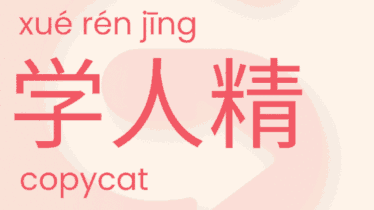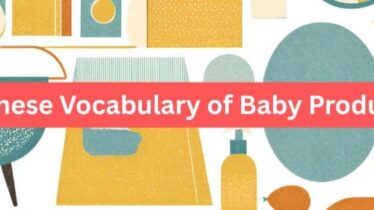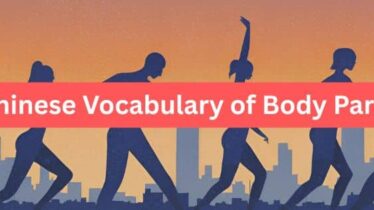Usage and Difference Between “原来” and “本来”
“本来” and “原来” can both function as adjectives, indicating a situation that has remained unchanged from before. “本来” or “原来” + “的” serves as an attributive in a sentence. For example:
(1) After not seeing you for several years, you still look the same as “原来” (“本来”), nothing has changed.
(2) Our “本来” (“原来”) plan was to leave on Sunday, but we only have tickets for Wednesday, so we can only postpone the departure by one day.
(3) This piece of clothing has been washed to the point that its “本来” (“原来”) color is no longer visible.
“本来” and “原来” can also function as adverbs, indicating the situation before a change. They can be placed before or after the subject, and before modal verbs, negative adverbs, and other adverbs. For example:
(4) The place where we “本来” (“原来”) lived has now all been turned into roads.
(5) “本来” (“原来”) I didn’t live here, I just moved here half a year ago.
(6) “本来” (“原来”) I wanted to study science, but I really liked foreign languages, so I switched to humanities.
(7) I wasn’t as overweight as I am now “本来” (“原来”), I’ve gained ten kilograms compared to the past.
(8) Our whole family used to live in a 14-square-meter room “本来” (“原来”), now the conditions are much better than before.
When “本来” is used as an adverb, it also implies that something should be this way according to reason. It has two usage patterns:
1. “本来” + “就” + (modal verb) + verb” or “本来” + “就” + verb + “得” (not)…. For example:
(9) I told you, you’re not supposed to go out when you’re sick. Look, you’re running a fever again.
(10) The food in the cafeteria “本来” (“原来”) should be sold at a lower price.
(11) You shouldn’t be driving fast on such a narrow road “本来” (“原来”).
2. “本来” + “嘛” (“么”) + subject, with a pause before the subject.
(12) Well, it’s just a small child, how can they carry such a big school bag.
(13) “本来” (“原来”), to accomplish a task, it’s not that easy.
When “原来” is used as an adverb, it implies discovering the true situation of something. For example:
(14) I thought the TV was broken, but “原来” it wasn’t plugged in.
(15) So you’re a new teacher, I didn’t realize “原来”, you look just like a student.
Don’t miss out on expanding your knowledge – visit our Chinese learning resource page!
Immerse yourself in an unforgettable learning experience! – Book a Trial Chinese Learning Class



